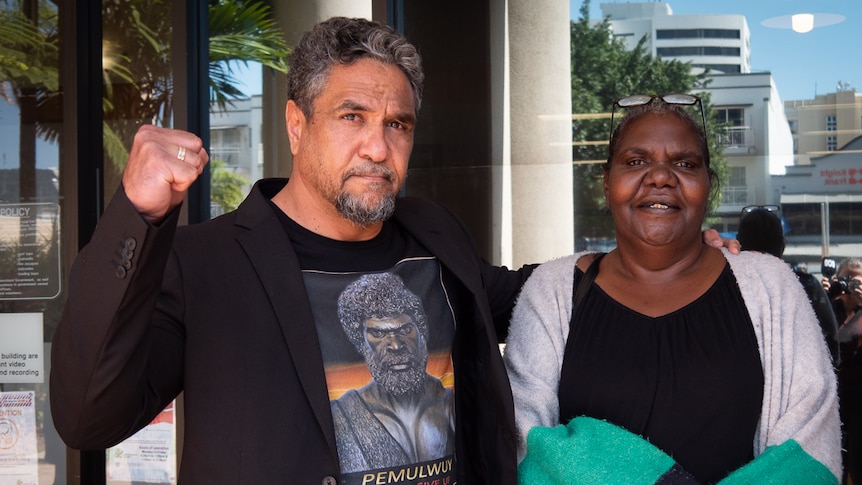A coronial inquest examining the deaths of three Indigenous women in the north-western Queensland town of Doomadgee has begun its next stage in Cairns today, with family members saying “systematic, ingrained racism” was a contributing factor.
Key points:
- Family members of one of the women said she regularly took her medication before becoming ill
- A registered nurse told the court diagnosis and treatment of RHD were both challenging in Indigenous communities
- She said it was crucial for staff to be well trained and known in the community to make sure treatments were administered regularly
The three young women, whose families requested they be referred to as Kaya, Ms Sandy and Betty, died in 2019 and 2020 from complications associated with rheumatic heart disease (RHD).
The inquest was triggered after an ABC Four Corners program revealed the women died after being sent away from the Doomadgee Hospital.
Last month the inquest began in Doomadgee, where family members told the court the women were not properly examined and said the town needed more doctors who live long-term in the community.
During questioning, Counsel Assisting the Coroner, Melina Zerner, told the court that between August 2021 and 2022, only 4 per cent of RHD patients in Doomadgee were receiving all of their prescribed injections.
Kaya’s mother, Weenie George described the years her daughter lived with RHD, and the painful injections she endured.
She told the court Kaya regularly took her medication and brought it with her when she went to boarding school and on a holiday to the Northern Territory, just before she became ill.
Ms George described first seeing her daughter in the NT, after several weeks being stuck because of border closures.
“She wasn’t looking good at all… swollen, short of breath,” she said.
Alec Doomadgee, who was a father figure to Kaya, said she was very responsible with her health and he was sure systemic racism played a part in the women’s deaths.
He said when he spoke to Kaya in June 2020, after she had visited her boyfriend in the NT, he could tell something was wrong.
“She said: ‘I’m not well Dad’.”
‘I had faith in the system’
He said after being discharged from Alice Springs Hospital, Kaya was taken to a clinic in Doomadgee.
“I thought they’d fly her out… I was pretty comfortable, I had faith in the system,” he said.
Mr Doomadgee became choked up and wept while describing the following weeks where he said he had to fight for Kaya to be transported to Mt Isa, Townsville and then Brisbane hospitals, where she underwent several surgeries but never recovered.
He said he’d like to see a “guardian angel” system established in health systems, where someone independent from the health service could advocate for Indigenous patients.
He said this could help address the imbalance of power inherent in health systems, especially in Indigenous communities.
“It’s systemic, ingrained racism that our country is built on… white people are the authority figures in the community,” he said.
The former acting manager of the RHD register, and registered nurse Kylie McKenna, told the court diagnosis and treatment were both challenging in Indigenous communities.
She said while there were clear guidelines to diagnose RHD, symptoms weren’t uniform, and some tests could only be done when the person was symptomatic.
“It’s a lot of criteria to be met… a lot [of cases] are probable or possible,” she said.
Ms McKenna also described the pain and burden of the only available treatments for RHD: monthly bicillin injections or twice daily oral penicillin — both could be given for a minimum of five years or for a person’s entire life if required.
She said injections were the most common form of treatment but could be extremely uncomfortable.
“It’s like getting toothpaste administered through a very large needle,” she said.
Ms McKenna said it was crucial for staff to be well trained and known in the community to make sure treatments were administered regularly.
“You need people who understand it’s a painful injection,” she said.
She said staff also needed to be trained in pain reduction techniques as well as cultural issues around shame and the other life commitments many patients have.
.
